Thousands of migrants are expected to come to Scotland as they have a legal right to be housed here that does not exist in England.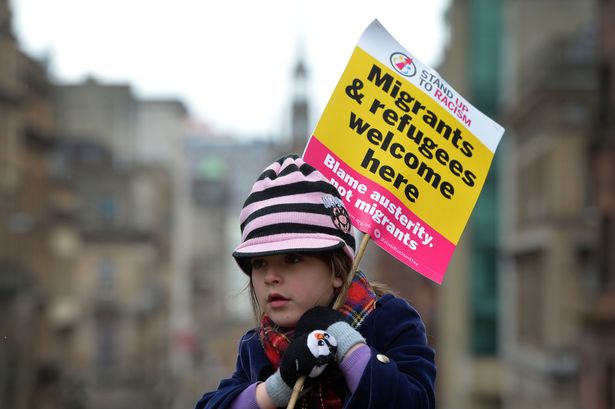 (Image: PA)
(Image: PA)
A crackdown on hotel stays for asylum seekers will be “disastrous” for Scotland as thousands try to get homes here, a council leader warned.
As part of a tougher regime for migrants the Home Office has halved the amount of time they can remain in government accommodation such as hotels from from 56 days to 28.
After that, those given leave to remain often end up homeless, and thousands are expected to come to Scotland as they have a legal right to be housed here that does not exist in England.
The move comes after often violent protests outside hotels housing asylum seekers, which started in Epping in Essex but have also spread to Falkirk, Aberdeen and Perth.
The new system, which took effect on September 1, could see Glasgow face particular problems as a key migrant destination in the country.
Now council chiefs and homeless charities are demanding more support from government to avoid Scotland’s housing emergency being made even worse by an influx of refugees.
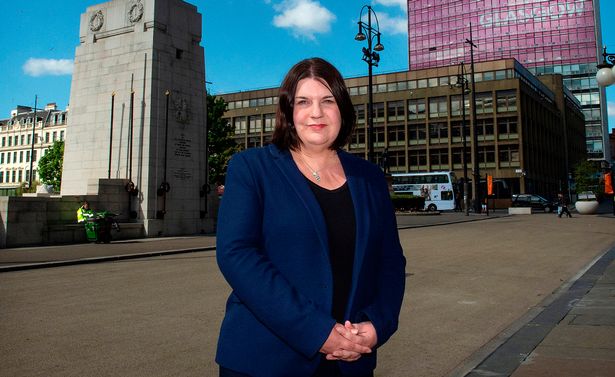 (Image: Garry F McHarg Daily Record)
(Image: Garry F McHarg Daily Record)
Glasgow Council leader Susan Aitken criticised the new rules, saying: “This is a decision that reeks of panic and pandering.
“It’s hard to see it being anything other than disastrous for refugees and for the communities trying to support them when the Home Office washes its hands.”
Sean Clerkin of the Scottish Tenants Organisation also said more support was needed for Glasgow.
He said: ”The British and Scottish Governments have got to make Glasgow a special case and give the city much more money to house everybody that needs a home including all refugees.
“The Home Office must also introduce a fairer dispersal system – where more refugees are sent to other council areas in Scotland – to take the pressure off Glasgow.”
Alex Fraser, British Red Cross spokesperson, hit out at the potential for thousands to be made homeless by the Home Office ruling.
He said: “Reducing the ‘move-on’ period will increase levels of homelessness and destitution for people granted protection and put additional pressure on local authorities.
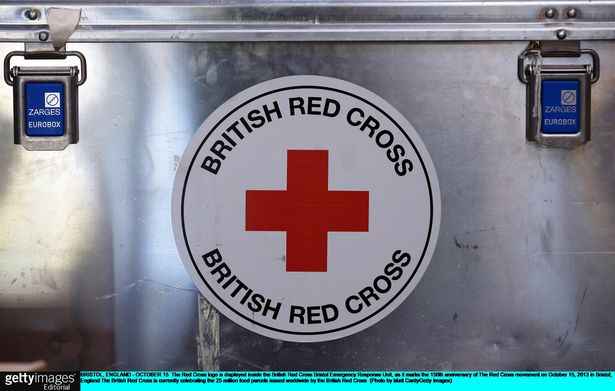 (Image: Getty Images)
(Image: Getty Images)
“Local authorities need 56 days to work with households at risk of homelessness.
“Giving people only 28 days to find work, housing or support isn’t enough time.”
Charities also fear those coming north after being thrown out of government hotels will be left “destitute”.
A spokesperson for Glasgow charity Positive Action in Housing said: ”The decision to cut refugee support to 28 days will be devastating, driving more people into homelessness and destitution.
“Since April we have received almost 330 cases of people from refugee or immigrant backgrounds who are homeless, at risk of homelessness, or facing eviction because of their refugee status.” A refugee granted leave to remain must find somewhere to live before they are evicted from Home Office accommodation such as hotels. Many end up declaringthemselves homeless to councils like Glasgow.
Families, pregnant women, those over 65 and the disabled will continue to be given 56 days until December, when the policy will be reviewed again.
Glasgow City Council spent £16.5million between April and July 20 this year placing the homeless in hotels and B&Bs. Of 2242 people being housed in hotels and B&B during that time in the city, 1615 were refugees granted leave to remain in the UK
The number of homeless people in Glasgow – including refugees granted leave to remain – now stands at a record 8530.
Cllr Aitken previously complained that Glasgow City Council plays a disproportionate role in supporting refugees and is facing a £110million overspend in the next two years due to spiralling homelessness costs.
Scotland and Glasgow in particular is attractive to those granted refugee status because the country’s homelessness laws are more liberal than other parts of the UK.
Councils in England are required only to house those in “priority need”, such as families with children, but Scottish rules cover all unintentionally homeless people, including single men and women.
This has led to homeless refugees travelling to Glasgow from Belfast, Birmingham, London, Manchester and Liverpool, according to Glasgow charities.
The SNP government in Scotland has called for the Home Office to u-turn on the hotels crackdown.
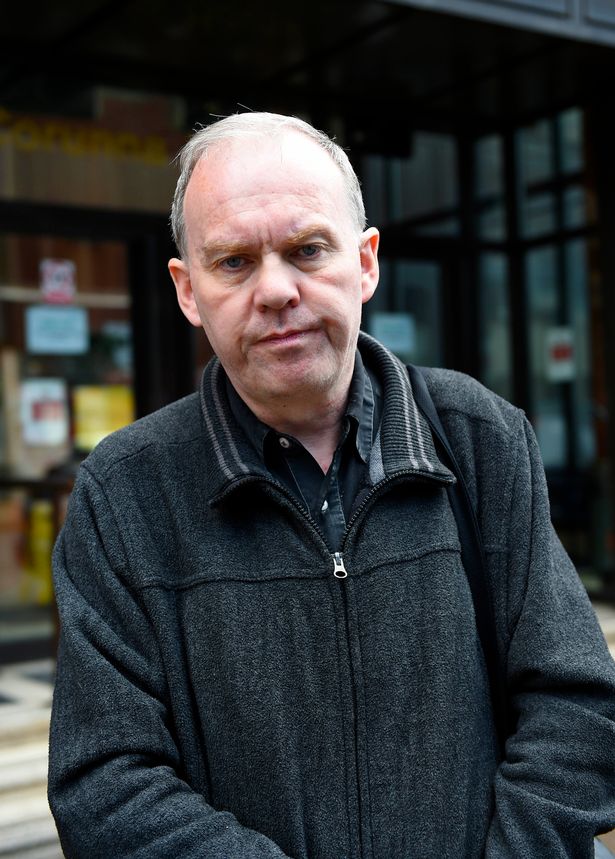 (Image: Garry F McHarg Daily Record)
(Image: Garry F McHarg Daily Record) Join the Daily Record WhatsApp community!
Join the Daily Record WhatsApp community!
Get the latest news sent straight to your messages by joining our WhatsApp community today.
You’ll receive daily updates on breaking news as well as the top headlines across Scotland.
No one will be able to see who is signed up and no one can send messages except the Daily Record team.
All you have to do is click here if you’re on mobile, select ‘Join Community’ and you’re in!
If you’re on a desktop, simply scan the QR code above with your phone and click ‘Join Community’.
We also treat our community members to special offers, promotions, and adverts from us and our partners. If you don’t like our community, you can check out any time you like.
To leave our community click on the name at the top of your screen and choose ‘exit group’.
If you’re curious, you can read our Privacy Notice.
Equalities Minister Kaukab Stewart said: “I am deeply concerned about the UK Government’s decision to pause the 56 day move-on pilot for single adults.
“These decisions will further exacerbate the pressures faced by local authorities and, without the necessary funding to allow proper support for individuals, will significantly increase homelessness and destitution.
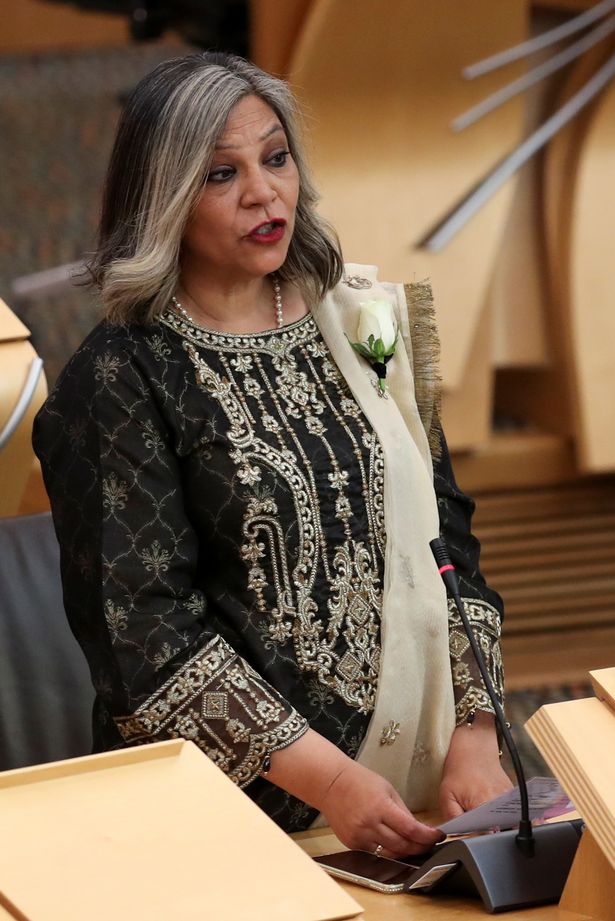 (Image: PA)
(Image: PA)
“Everyone in Scotland is protected by our strong homelessness rights and has an equal right to temporary accommodation and support when they are experiencing homelessness.” A Home Office spokesperson said: ”This government inherited a broken asylum and immigration system.
“We are taking practical steps to turn that chaos around – including doubling asylum decision making to clear the backlog left by the previous government, and reducing the number of people in hotels by 6000 in the first half of 2025.
“We continue to work with local councils and other stakeholders to ensure any necessary assistance is provided for those individuals granted refugee status.”
